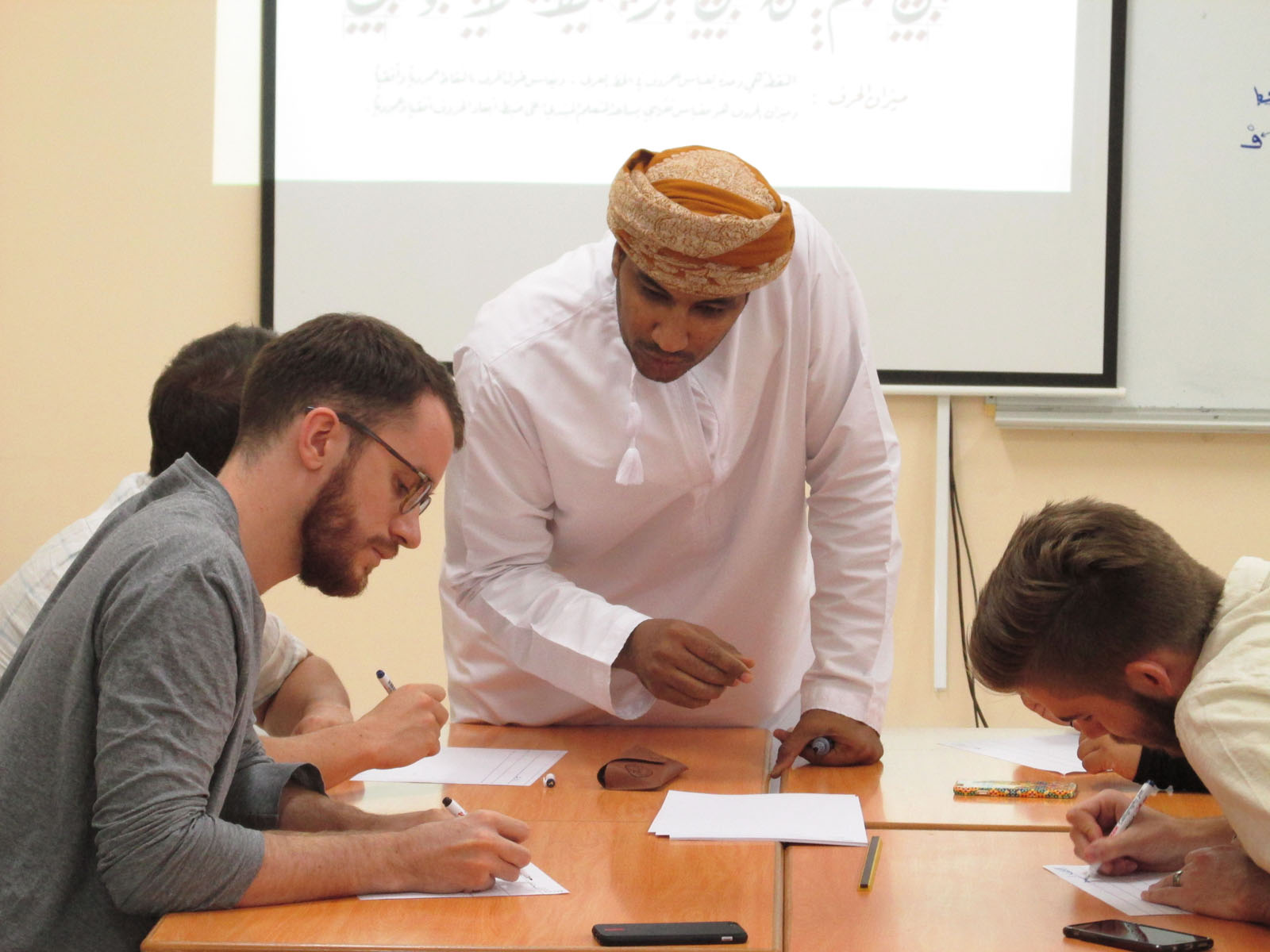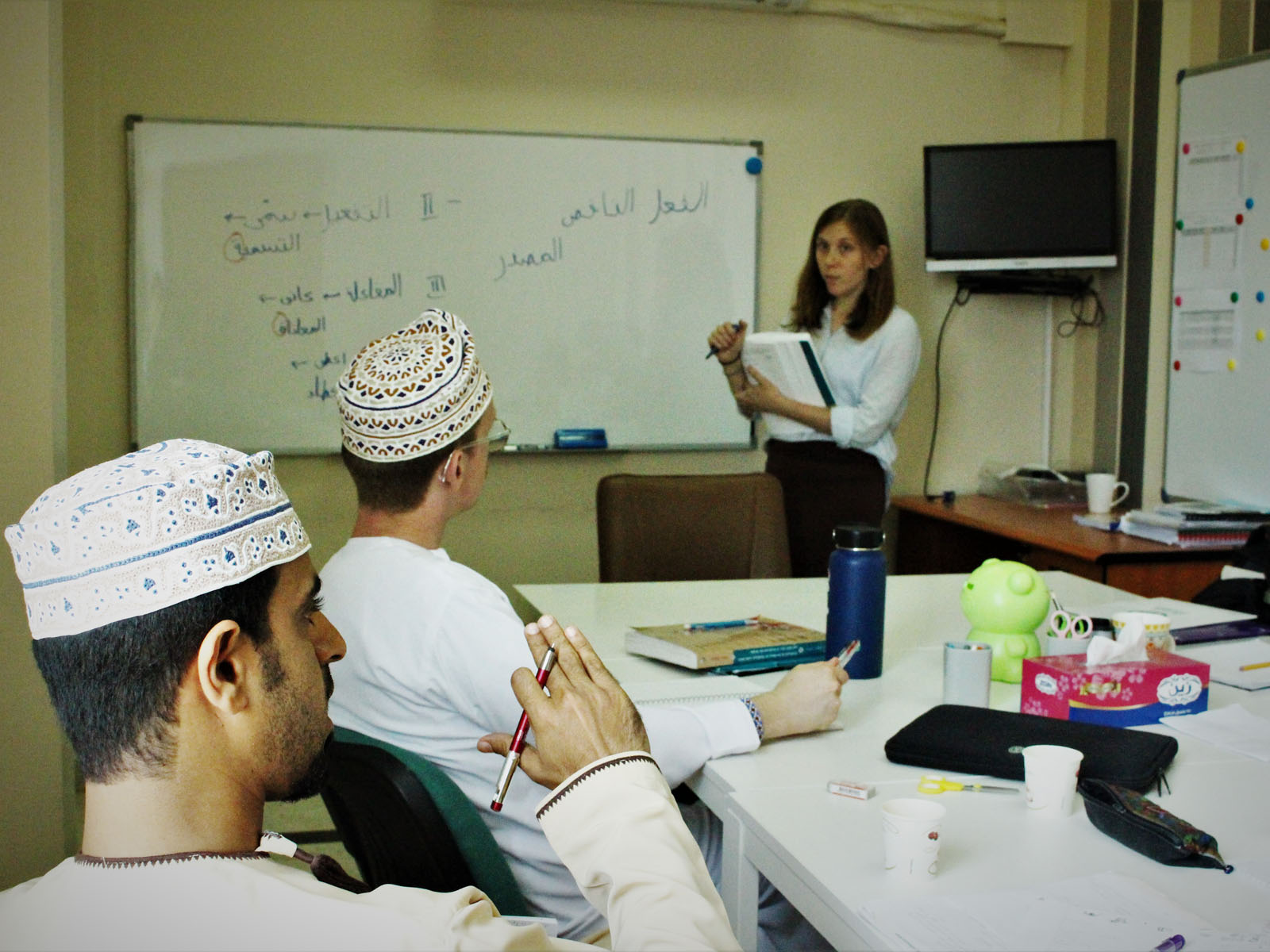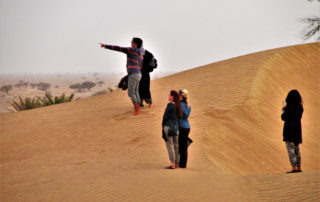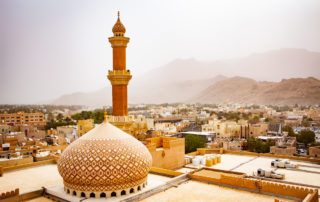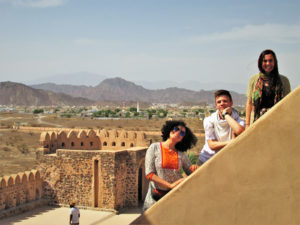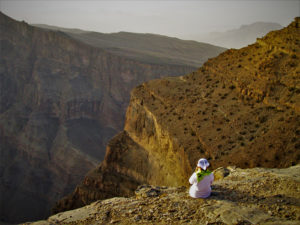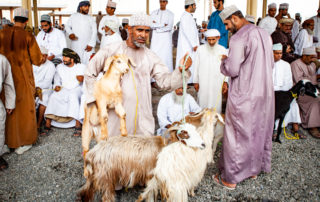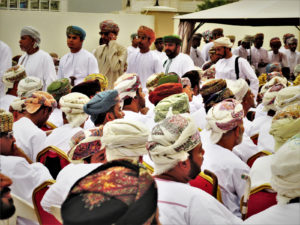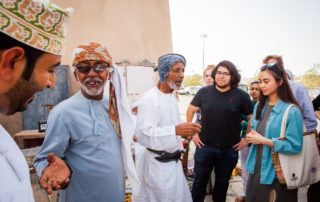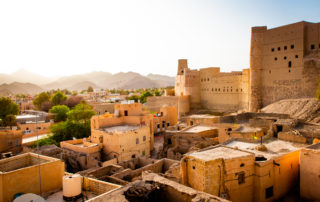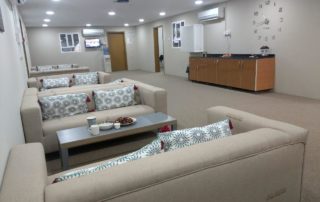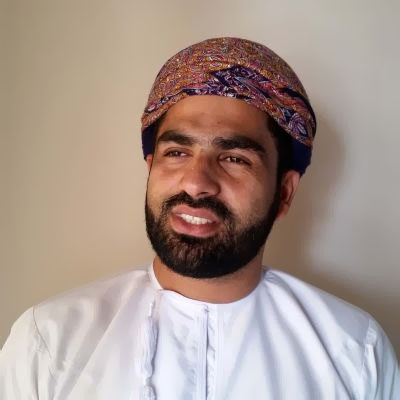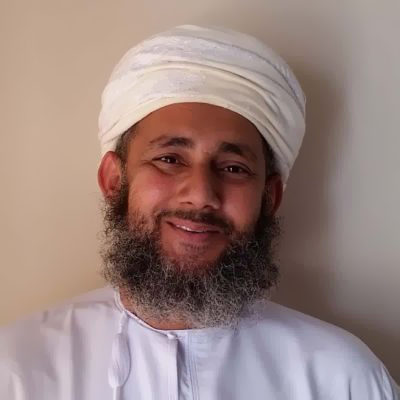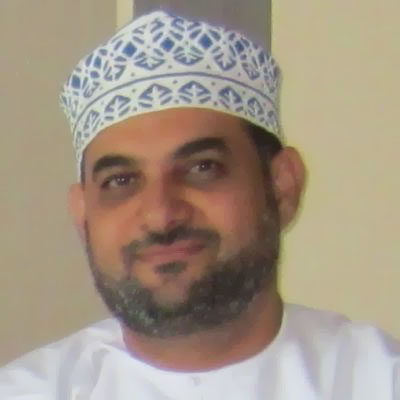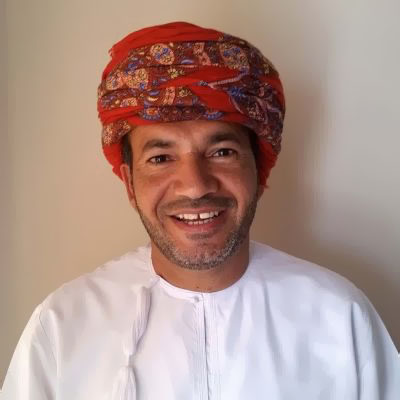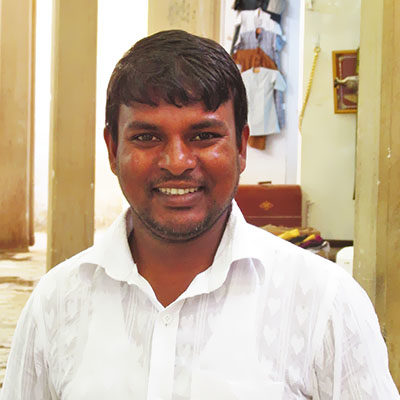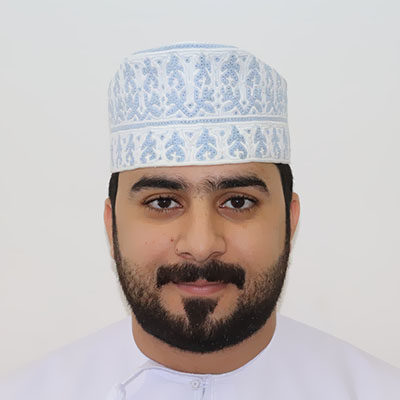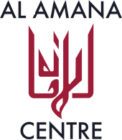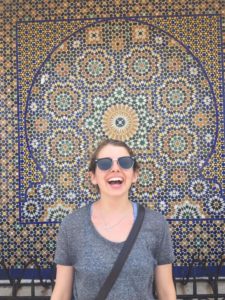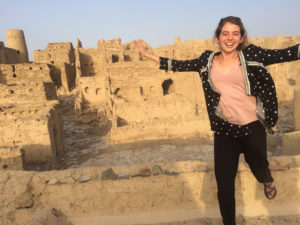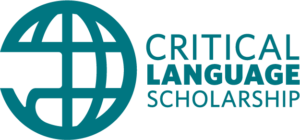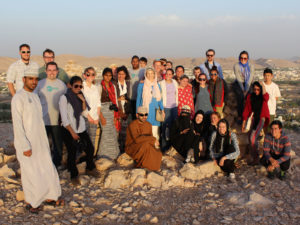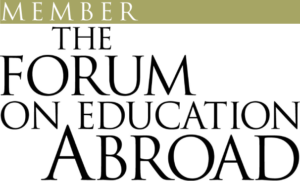Course Objectives
Objective 1: Grammar, Text production, and Discussion
Writing: Be introduced to new grammatical features that are part of a higher level of expression. Students will learn to construct sentences and express more complex thoughts independently. Students will be asked to produce texts departing from the texts treated in class. These include summaries, descriptions, narrations, and argumentative pieces developing a personal standpoint according to their level.
Speaking: Students will discuss current topics in class or in debate groups using the studied grammar features. They will have awareness raised concerning typical mistakes in sentence structure and pronunciation. The course is completed by oral presentations in class.
Objective 2: Media Literacy
Listening: Students will develop the ability to comprehend utterances in the target language in recorded broadcast media, in both fusha (MSA) and commonly spoken Arabic as found in reports, interviews, and talk shows.
Reading: Students will be introduced to texts from print media and the internet using the grammatical structures under study. In this unit, students will read different genres of texts, learn and apply skimming techniques according to their level, understand in-depth the given texts, and analyze them grammatically and style-wise.

